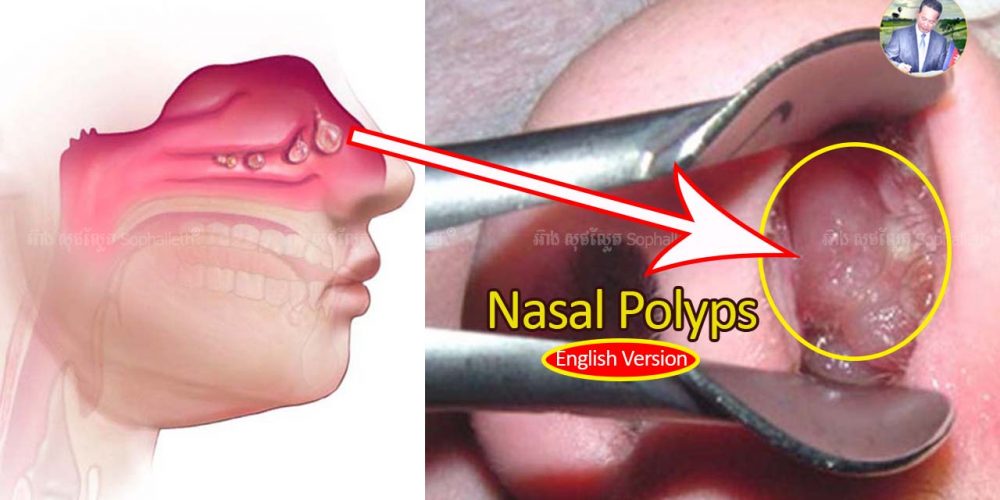+What are nasal polyps?
Nasal polyps are benign (noncancerous) growths of the lining tissues of your nose.
+What are the causes of nasal polyps?
Chronic or recurring sinus infections, Asthma, Allergic rhinitis (hay fever), Cystic fibrosis, Churg-Strauss syndrome, Ibuprofen or aspirin sensitivity to nonsteroidal anti-inflammatory drugs (NSAIDs) such as ibuprofen or aspirin, Hereditary.
+What are the symptoms of nasal polyps?
A sensation that your nose is blocked, Runny nose, Postnasal drip , Nasal congestion, Reduced sense of smell,Breathing through your mouth, A feeling of pressure in your forehead or face, Sleep apnea, Snoring , Pain or headaches
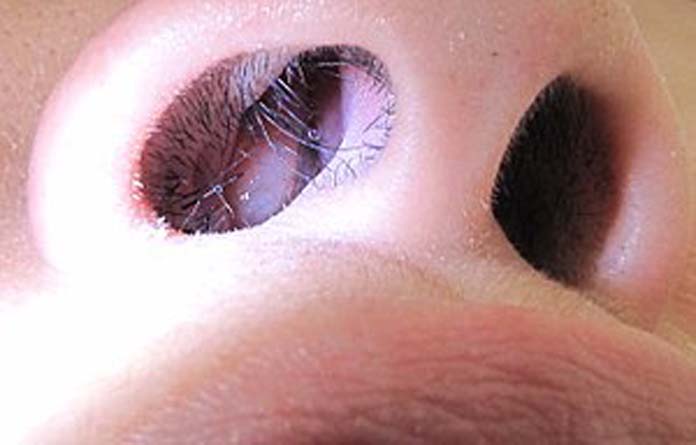
+How are nasal polyps diagnosed?
Doctor looks up into the nasal passages with a lighted instrument called an otoscope or nasoscope. A doctor may perform a nasal endoscopy if the polyp is deeper in your sinuses. This procedure involves guiding a thin, flexible tube with a light and camera at the end into the nasal passages. A doctor may perform a CT scan or MRI scan to determine the size and location of the polyp and to identify deformities. A doctor may perform allergy tests to determine the source of persistent nasal inflammation. These tests involve making tiny skin pricks and depositing the liquid form of a variety of allergens to see if the immune system reacts to any of the allergens. If a very young child has nasal polyps, a doctor may perform tests for genetic diseases, such as cystic fibrosis.
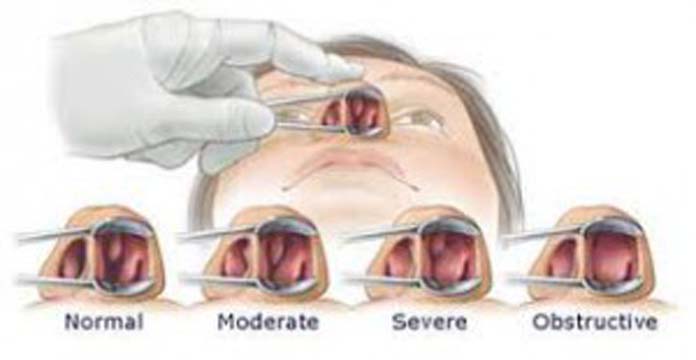
+What treatments are available for nasal polyps?
Medications: Spraying nasal steroids into the nose can reduce your runny nose and the sensation of blockage by shrinking the polyp. However, if you stop taking them, symptoms may quickly return.
An oral or injectable steroid, such as prednisone, may be an option if nasal sprays don’t work. These aren’t a long-term solution due to their serious side effects, including fluid retention, increased blood pressure, and elevated pressure in the eyes.
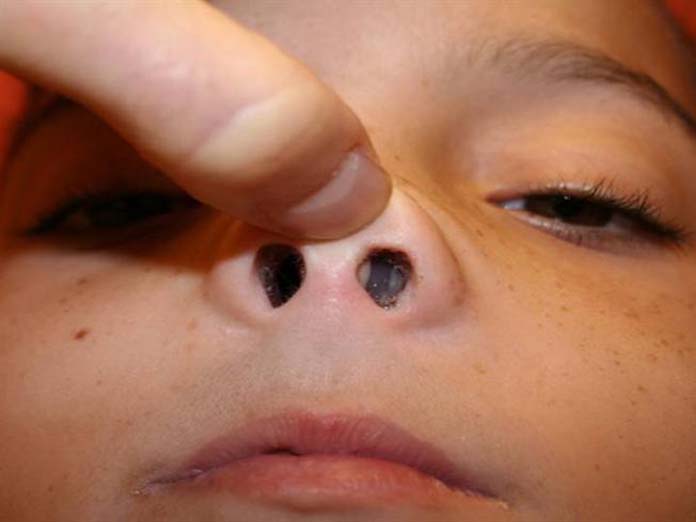
+Antihistamines or antibiotics may also treat allergies or sinus infections caused by inflammation in the nose.
-Surgery
-If the symptoms still aren’t improving, surgery can remove the polyps completely. The type of surgery depends on the size of the polyp. A polypectomy is an outpatient surgery done with a small suction device or a microdebrider that cuts and removes soft tissue, including the mucosa. For larger polyps, a doctor can perform an endoscopic sinus surgery using a thin, flexible endoscope with a tiny camera and small tools on the end. The doctor will guide the endoscope into your nostrils, find the polyps or other obstructions, and remove them. The doctor may also enlarge the openings to your sinus cavities. After surgery, nasal sprays and saline washes can prevent polyps from returning. In general, reducing the inflammation of the nasal passages with nasal sprays, anti-allergy medications, and saline washes can help prevent nasal polyps from developing.
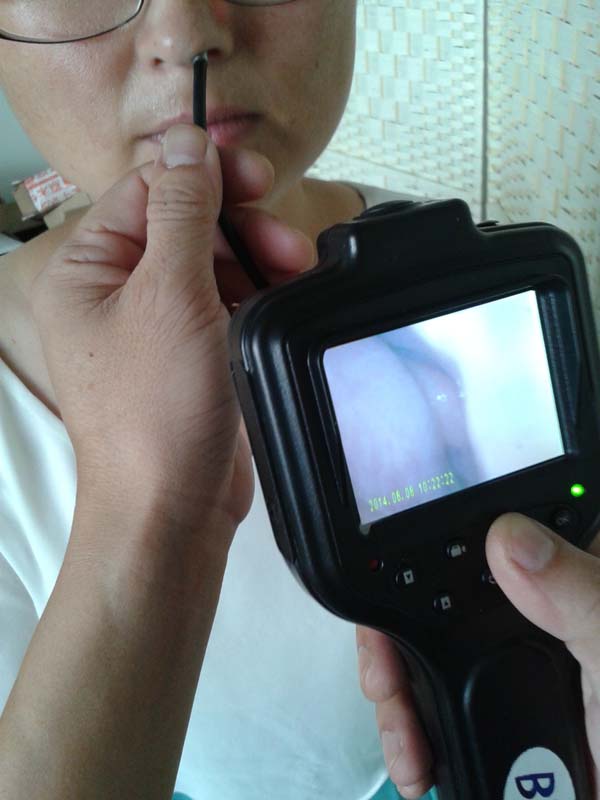
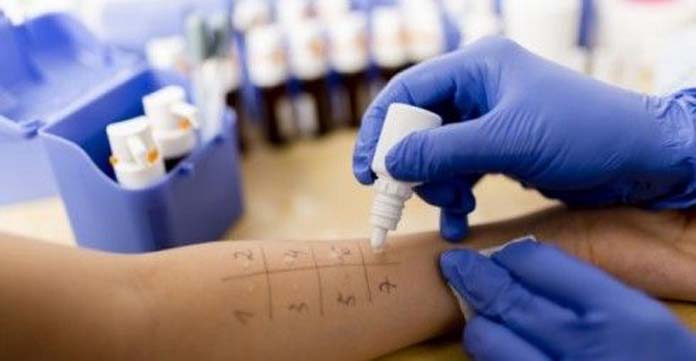

+What are the potential complications of nasal polyps?
Nosebleeds because of surgery,infection because of surgery , immunocompromised because of long term, uses of corticosteroids.
+What is the long-term outlook?
With surgical treatment, most symptoms get significantly better. However, if you’ve lost some sense of smell, it may never return. Even with surgery, nasal polyps may regrow in up to 15 percent of people with a chronic nasal problem.
Source: Dr. Seng Bundeth

